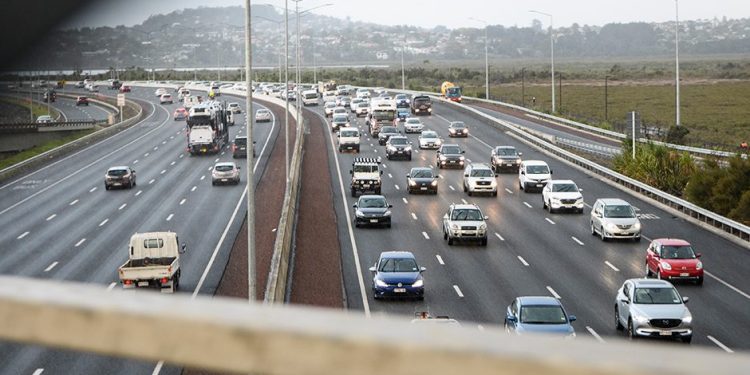Electric cars ‘out of reach’ for many Kiwis, says MTA
Following the Motor Industry Association’s response to yesterday’s finalised Climate Change Commission report, the Motor Trade Association (MTA) has also issued a statement.
In it, MTA chief executive Craig Pomare said he approved of the government’s climate change goals, but showed concern around a series of topics from the report’s recommendations — including the lack of notes around the current fleet and the high price of electric cars.
The Commission’s report recommended a ban on the import of internal combustion engine vehicles by 2032 (or by 2030 if possible), as well as notes about electrifying domestic air travel, and the ‘decarbonisation’ of New Zealand’s roads by 2050. It also touched on the introduction of a feebate-style scheme in 2029, but didn’t detail what it would look like.
“MTA and our members support the Government’s climate change goals. And we welcome the Commission’s recognition that a wide range of low carbon vehicles should be part of the transition and that people need convenient and affordable transport alternatives,” said Pomare.
“However, we are disappointed that the Commission does not specifically address the existing fleet or the removal of old polluting vehicles.
“We need to address climate change and the safety of New Zealanders on the road, and we need to implement initiatives at every stage in the life of a vehicle. The logic is simple: import the best available technologies, keep the current fleet clean, and get the vehicles that are at the end of their life out of the fleet.
“If we do this properly, we can reduce emissions and keep New Zealanders, especially New Zealanders who depend on their cars but can’t afford an EV and don’t have alternative transport options, safe on the road.”
According to Pomare, the MTA estimates that the cost of imported vehicles in New Zealand will be 22 per cent higher in 2030 than it is today, underlining that EVs won’t have achieved price parity by then for those shopping on the second-hand market.
“EVs will simply be out of reach for many New Zealanders and as a result they will be obliged to keep their already aging cars longer and face a greater risk of involvement in fatal crashes,” said Pomare.
As it stands, the cheapest new electric car in New Zealand is the MG ZS EV, priced at $48,990. On the second-hand market, meanwhile, early Nissan Leafs are the cheapest offerings — priced at around $10,000. Many of these are first generation models with poor range and or high mileage.
Among the executive’s other concerns is the lack of acknowledgement around testing the health of the current vehicle fleet. The MTA had recommended in its submission to the Commission that it wanted emissions testing on existing vehicles to be standardised, and the introduction of a scrappage scheme to assist the most polluting vehicles off Kiwi roads.
“The Commission acknowledges in one sentence in 419 pages that the existing fleet should be considered at some point but doesn’t make any specific recommendations,” said Pomare.
“If we want to refresh the fleet and keep moving emissions lower, then we need to look at the existing fleet and make room for those newer, cleaner cars by removing the cars that are currently causing the problem.”





